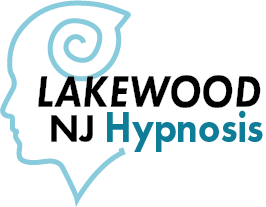Helping The Eldery and Their Family
Relationships often have periods of difficulty. These can increase as we or our loved ones age. I am a trained expert at counseling the elderly or counseling seniors and their families to achieve a better understanding of their own values and goals leading to discovery of their own life solutions through senior counseling which has proven quite effective for many.
The medical community cannot effectively address all gerontological or geriatric issues because there is a serious lack of gerontologists in the US.
Successful aging is rarely defined or a topic of media discussion and if it is discussed any mention of dying is avoided. According to the media we should all continue forward at full tilt, maintaining health, flexibility and social involvement indefinitely. However, as we age we experience a loss of energy, muscle mass, and we experience relationship and health problems, which eventually lead us to an inability to resist the decline towards death. We all want to live life to the fullest at all stages of life, and there are common roadblocks which can be alleviated with therapy.
What is Successful Aging? Successful aging means adjusting gracefully to changing energy levels, changing social or family composition and changing health. It means being willing to surrender piece by piece the accumulations of a lifetime, being willing to surrender control of finances, housework, and eventually, housing. If we are very fortunate we have someone we trust to whom to surrender the details, and we may have spiritual faith to support us in the ultimate surrender. Along the way we want the wisdom to recognize problems, which interfere with our maintaining successful independent living for as long as possible.
The Major Roadblocks to Successful Aging:
Isolation occurs when family members move away, old friends die and we can no longer safely drive a car. At this point we may not have friends or neighbors who offer to take us to social events or community functions. The effects of isolation are: Depression of the immune system; general depression; increased use of pain medications and alcohol; withdrawal from activities & lack of self care.
Clinical Depression is a serious medical illness; it’s not something that you have made up in your head. It’s more than just feeling “down in the dumps” or “blue” for a few days. Its feeling “down” and “low” and “hopeless” for weeks at a time. An experience of isolation, which may be either physical and/or emotional, can result in depression disorder. In addition, symptoms of clinical depression, (depression lasting over 6 months) can be triggered by other chronic illnesses common in later life, such as Alzheimer’s disease, Parkinson’s disease, heart disease, cancer and arthritis, or by death of a partner (loss or bereavement often results in depression lasting as much as a year), adult child, family or friends.
You and your family deserve for life to be happier, less stressful and more fulfilling.

